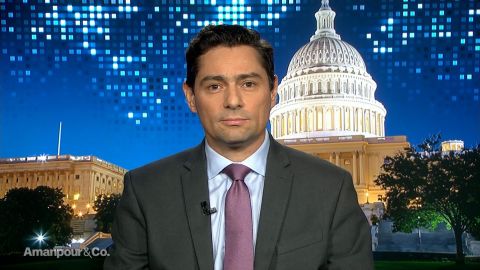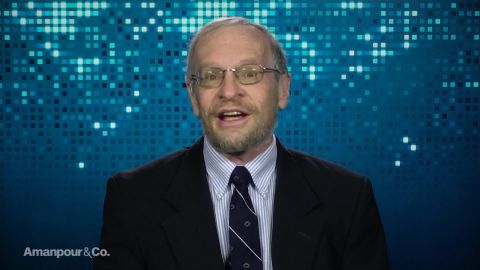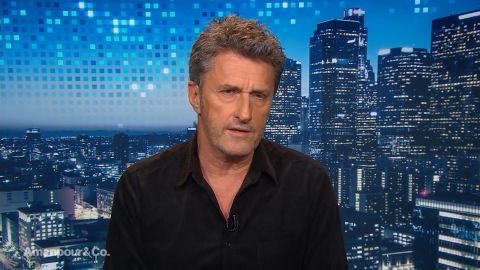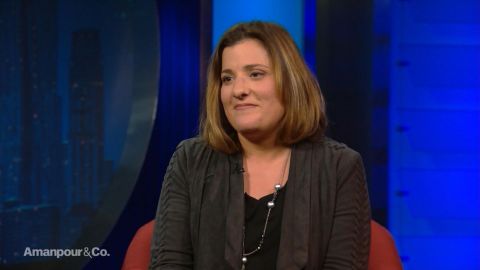Read Transcript EXPAND
CHRISTIANE AMANPOUR: So, here we go again, Pawel, you’ve got yet another Oscar nominated film, obviously, already won one for “Ida” a few years ago. This one takes on a much more personal tone, doesn’t it? Your tragic romantic heroes sort of — I think, you used your own parents as the example.
PAWEL PAWLIKOWSKI: Yes. They were the starting point. Their relationship became the inspiration for the relationship on screen and their story with love at first sight, the betrayals, divorces, marriages, marriages to other people, remarriage and exile and life in exile, that became the material with which I worked but it’s not literally their story. Their story was it was much too chaotic and messy to make a film that would make any sense. So, I have to actually invent — reinvent them.
AMANPOUR: So, what is the —
PAWLIKOWSKI: I didn’t do it because of them. I mean, it’s — you know, the — it’s also a way of showing Europe, history at a very particular, very interesting time, which has some residences with today’s world.
AMANPOUR: OK. So, let’s talk about that. Tell me what you were trying to capture.
PAWLIKOWSKI: I was trying to bring history to life by showing two very lively characters, two complicated paradox of characters who are kind of nasty but wonderful, who ones — one is up, the other one, who — like protagonists of the story and antagonists to each other. And because they traverse Europe from Polish — Poland (INAUDIBLE) 50s to Paris in the mid- 50s, the jazz world, the jazz period and then back to Poland in the 60s in the kind of more shabby version of socialism. History always impacts on their relationship. History as — in the shape of, you know, authoritarian starting it’s regime but also history in the shape of separation, you know, they crossed into the West separately and they miss each other, they kind of build each other’s image up in each other’s absence and then they end up together in exile. And suddenly, in exile, they look very different sort of people to each other.
AMANPOUR: And it’s complicated as they say. It’s —
PAWLIKOWSKI: It’s very complicated.
AMANPOUR: It is very complicated. But one of the things that, I guess, the “Cold War” — one of the emblematic issues about the “Cold War” was the way the authoritarian dictatorial governments manage to get people even in relationships and within families to rat on each other,
About This Episode EXPAND
Christiane Amanpour speaks with Carlos Vecchio to discuss the struggle for democracy in Venezuela; CNN Correspondent Ryan Young and climate scientist Richard Alley about the extreme temperatures in the Midwest; and director Pawel Pawlikowski about his new film “Cold War.” Hari Sreenivasan speaks with Sociology Professor Sara Goldrick-Rab about the struggles students face.
LEARN MORE



